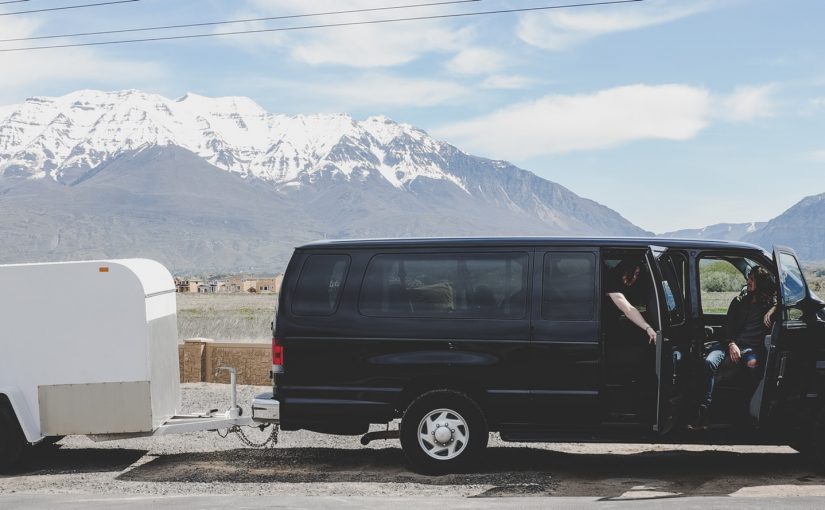Owning and driving a truck has a special feeling. Trucks are not only safe but also versatile. For instance, you can use them for hauling and towing heavy trailers. With only one truck, you might not need to bug other people for assistance or rent a vehicle to transport all your belongings. However, you must be extra careful when driving them. You have to follow all truck driving safety guidelines, especially when towing a trailer.
The dangers of unsafe towing
According to the National Highway Traffic Safety Association (NHTSA), over 50,000 road accidents related to towing are reported annually. This number shows the risk that comes with failure to follow necessary truck driving regulations. Unfortunately, even following all traffic rules do not guarantee you full safety while towing. Trailer sway control hitch remains a huge threat even to the most careful drivers.
Dealing with trailer sway demands paying extra attention to both the truck and trailer’s braking systems. Unfortunately, when drivers take to the road without knowledge about factors that reduce truck controllability, they become a threat to themselves, loads and other road users.
Trailer braking lights
When driving a truck with a trailer attached at the back, you need to be more careful. You need to consider that you have a responsibility to tow the load in the trailer safely.
One of the requirements of legally towing a trailer is installing trailer lights that are in sync with your truck’s lights. Correctly working tail lights will not only see you avoid being booked by traffic cops but will significantly boost the safety of other road users as lights tell other road users about your intentions while driving.
Trailer braking controls
For trailers carrying more than 1500 pounds of load, or those longer than 15 feet, the law demands that they have their separate braking system. Trailer brakes come in two types: hydraulic and electronic brakes. The latter is the most common on our roads and allows a trailer to be controlled by an electric brake controller.
Although many new trucks have towing packages, rarely do they come with trailer brake controls. Trailer braking controllers consist of a module that controls electric brakes. These brakes are necessary if you want to experience towing safety as they keep the movement of the truck and the trailer aligned.
If you intend to tow loads, installing a trailer braking system should not be complicated. All you need in wiring for trailer brakes is a professional installer to connect the wiring from the truck to the trailer. DIY methods are highly discouraged when handling wiring for trailers due to the magnitude of risk involved if anything goes wrong.
Here are key terms in wiring for trailer brakes that you should know.
Trailer feed Wire
If your vehicle comes with a trailer package, you will see a trailer feed wire that runs from the trailer brake controller under the dash to the back of the truck. If not available, wiring for trailer brakes professional will connect the wires for you.
Grounding
While doing the wiring for trailer brakes, you need to take care of grounding. There needs to be a wire that connects the electronic trailer brake controller to a ground location.
Brake Switch
A brake switch links the brake pedal of your truck to the trailer brake system. The signal from the brake pedal is sent to the trailer brake controller through the brake switch. The controller then sends power to the trailer brake system which controls the trailer’s movement with the same intensity as the vehicle.
Battery
The brake controller receives power from the battery. Again, if your vehicle came with a towing package, a connection between the two will be available. If not, you will need wiring for trailer brakes expert to connect them.
Investing in an electric brake controller will increase your safety on the road. Also, you should not do the wiring for trailer brakes for the sake of the law only, do it for your own life too. It is a procedure that will help you with proper trailer taillight signals as well as trailer sway control.












